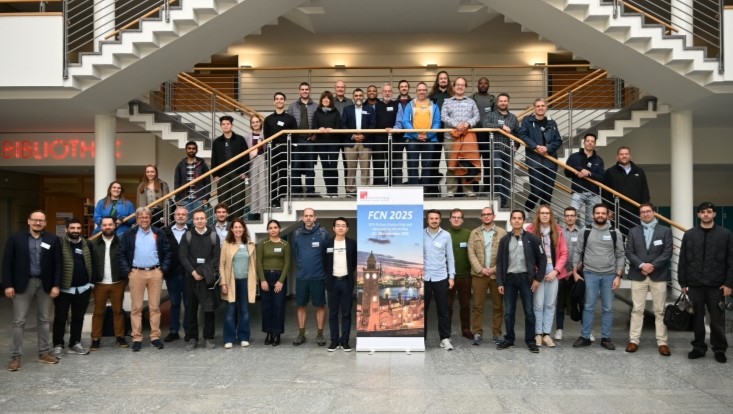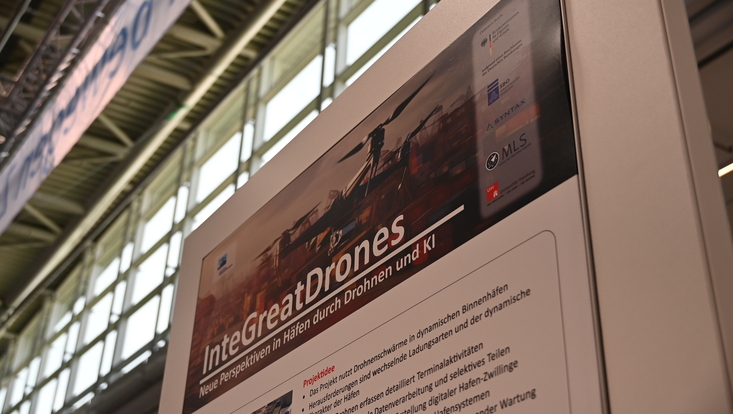A Lecture on Follow-the-Sun-Computing
15 May 2024, by Janick Edinger

Photo: midjourney
Today, Prof. Dr. Janick Edinger delivered a lecture titled "Follow-the-Sun Computing: Share Your Computer's Computing Power for Sustainable Resource Use." This lecture, which is available for viewing online at https://lecture2go.uni-hamburg.de/l2go/-/get/v/69200, presents the findings made in our Follow-The-Sun-Computing project, a distributed computing approach designed to reduce the carbon footprint of resource-intensive applications in VR/AR, AI, and security. The approach involves shifting computational loads to areas with surplus renewable energy (wind, solar, hydro), thereby utilizing energy more efficiently and potentially benefiting both managed computing clusters and households generating variable energy amounts.
This lecture is part of the new "MIN Sustainability Certificate: Contributions of Mathematics, Informatics, and Natural Sciences to the Transformation Towards a Sustainable Future," launched by the Faculty of Mathematics, Informatics and Natural Sciences (MIN) in the winter semester 2023/24. This optional, supplementary program provides students with the opportunity to gain expertise in sustainability concepts across various disciplines within the faculty. The certificate, granting 15 credit points, integrates with existing elective courses and includes core lectures on sustainability concepts and contributions to the Sustainable Development Goals (SDGs). Upon completion, students receive a certificate in addition to their regular academic qualifications, showcasing their dedication to sustainability in an interdisciplinary scientific context.
You can find out more about our Follow-The-Sun-Computing project here and here, or read the abstract:
Follow the Sun Computing: This approach to distributed computing introduces a new concept aimed at reducing the carbon footprint of resource-intensive applications in the fields of VR/AR, AI, and security. The transmission of energy through the power grid is a complex and loss-prone endeavor that needs to be managed from top to bottom. Instead, if the computational load is shifted to decentralized computing resources in locations where there is currently an excess of energy (from wind, sun, hydro power), this energy could be utilized more efficiently. This approach may be suitable not only for centrally managed computing clusters but also for households that generate dynamically fluctuating amounts of energy. Context predictions such as weather forecasts could assist in proactively planning the computational load in both spatial and temporal dimensions.


